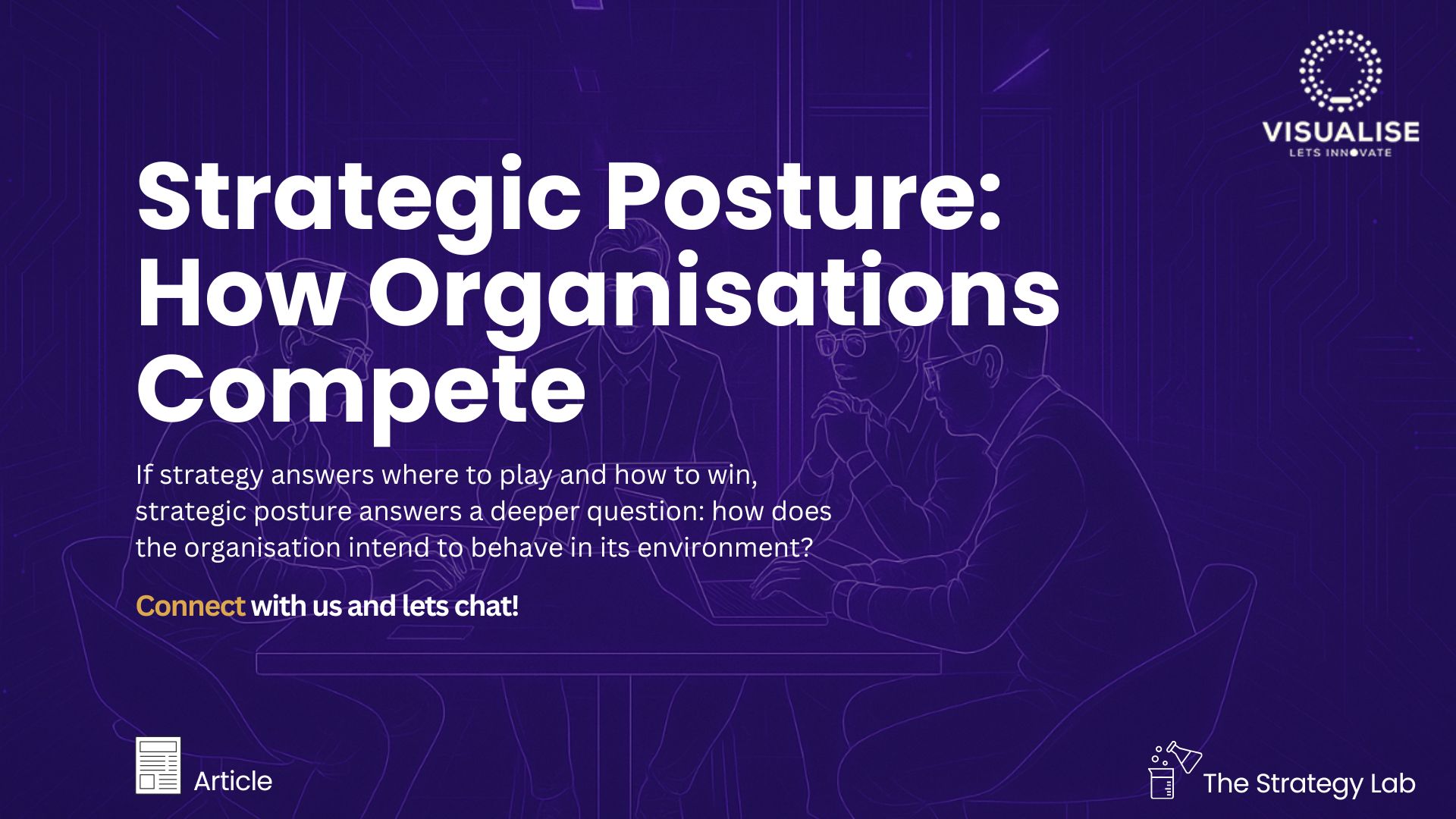Feb02

In today's increasingly interconnected and environmentally conscious world, the management of suppliers has become a cornerstone for companies aiming to meet sustainability and ESG (Environmental, Social, and Governance) compliance objectives. My discussion with Steve Yurko, CEO of apexanalytix, on the Sustainable Supply Chain podcast, provided valuable insights into the complexities of supplier management and its impact on the supply chain's sustainability and security.
Analyzing the role of supplier management through a critical lens reveals its significance in mitigating risks and enhancing supply chain resilience. apexanalytix's approach to leveraging AI and large language models for supplier information management underscores the potential for technology to streamline operations and ensure compliance with ESG criteria. However, the challenge remains in scaling these solutions across diverse and global supply chains.
The importance of robust supplier management extends beyond technological innovation. A study by McKinsey & Company highlights the growing emphasis on transparency in supply chains, noting that companies prioritizing visibility into their suppliers' practices can significantly reduce risks and improve sustainability outcomes. This aligns with the conversation with Yurko, emphasizing the need for comprehensive supplier risk management strategies that encompass environmental, social, and cybersecurity aspects.
Furthermore, the evolving regulatory landscape demands a more analytical approach to supplier management. For example, the European Union's Corporate Sustainability Reporting Directive (CSRD) requires large companies to disclose information on how they manage social and environmental challenges. This regulation highlights the need for effective supplier management systems that can provide accurate and timely data to meet compliance requirements.
Additionally, the concept of "scope 3 emissions" in the Greenhouse Gas Protocol illustrates the critical role of suppliers in a company's overall carbon footprint. Scope 3 emissions, which include indirect emissions from activities such as purchased goods and services, can often constitute the majority of a company's carbon impact. Addressing these emissions requires a detailed understanding of suppliers' operations and their environmental impacts, further underscoring the importance of robust supplier management practices.
Through this analytical perspective, it becomes clear that effective supplier management is not merely a technological challenge but a strategic necessity. Companies like apexanalytix are at the forefront of developing solutions that address these needs, yet the broader adoption of such practices across industries remains essential for achieving global sustainability and ESG goals.
As supply chains continue to face scrutiny from consumers, investors, and regulators, the ability to manage suppliers effectively will become a defining characteristic of successful and sustainable businesses. The insights from our discussion with Steve Yurko offer a starting point for companies seeking to navigate this complex landscape.
For those interested in further exploring the strategic role of supplier management in enhancing supply chain sustainability and security, I invite you to listen to the full episode of the Sustainable Supply Chain podcast. As we delve into the intricacies of supplier relationships, let's keep the conversation going and share insights on leveraging supplier management for a more sustainable future.
Leave your thoughts in the comments below with your views on the importance of supplier management in meeting sustainability and ESG goals.
By Tom Raftery
Keywords: Risk Management, Supply Chain, Sustainability
 Energy System Resilience: Lessons Europe Must Learn from Ukraine
Energy System Resilience: Lessons Europe Must Learn from Ukraine HR Is Designed to Maintain. Succession Planning Demands It Transform.
HR Is Designed to Maintain. Succession Planning Demands It Transform. AI and Embedded Connectivity: A New Era of Smart Devices
AI and Embedded Connectivity: A New Era of Smart Devices Strategic Posture: How Organisations Compete
Strategic Posture: How Organisations Compete Coherence Before Complexity
Coherence Before Complexity